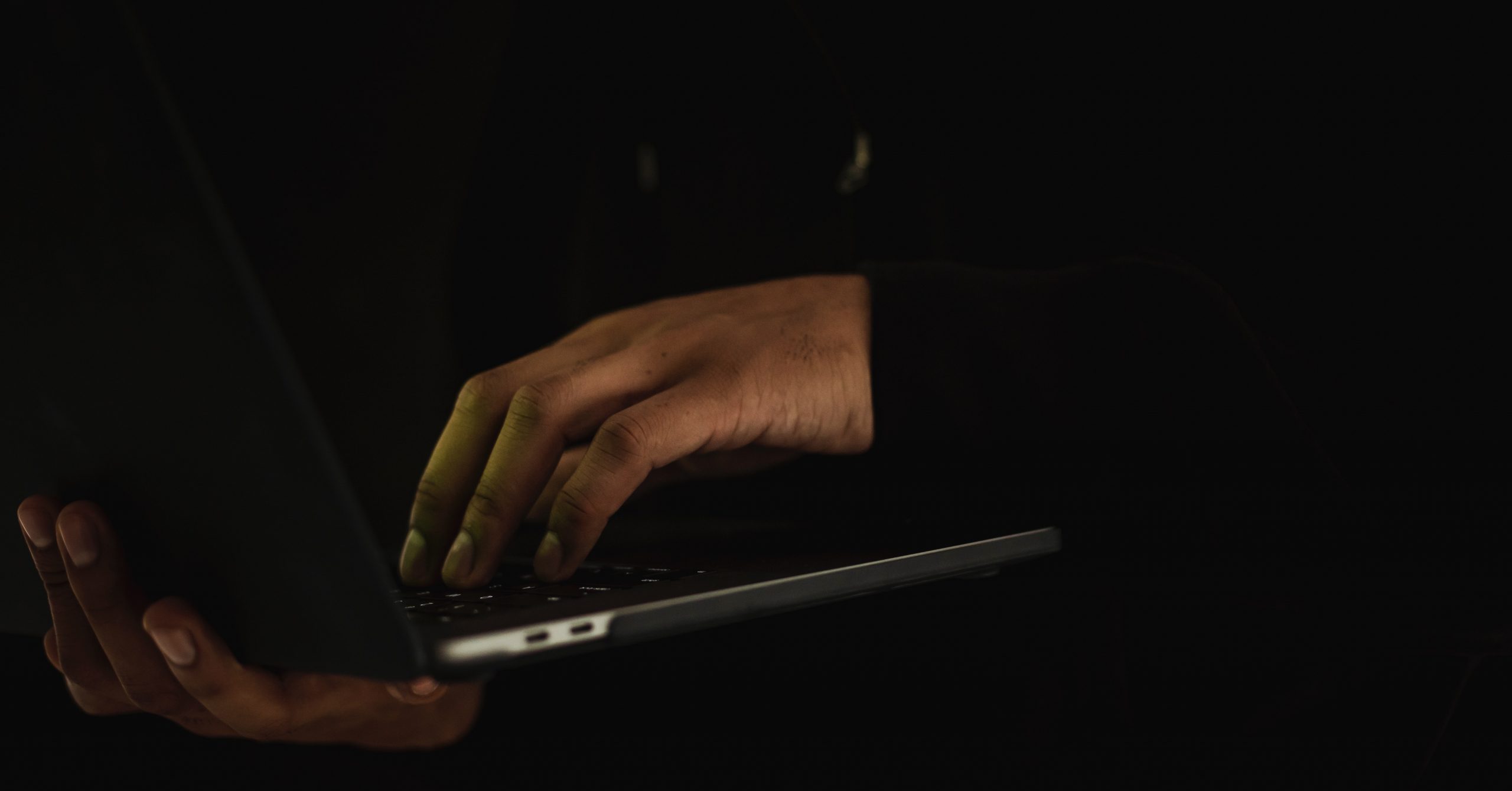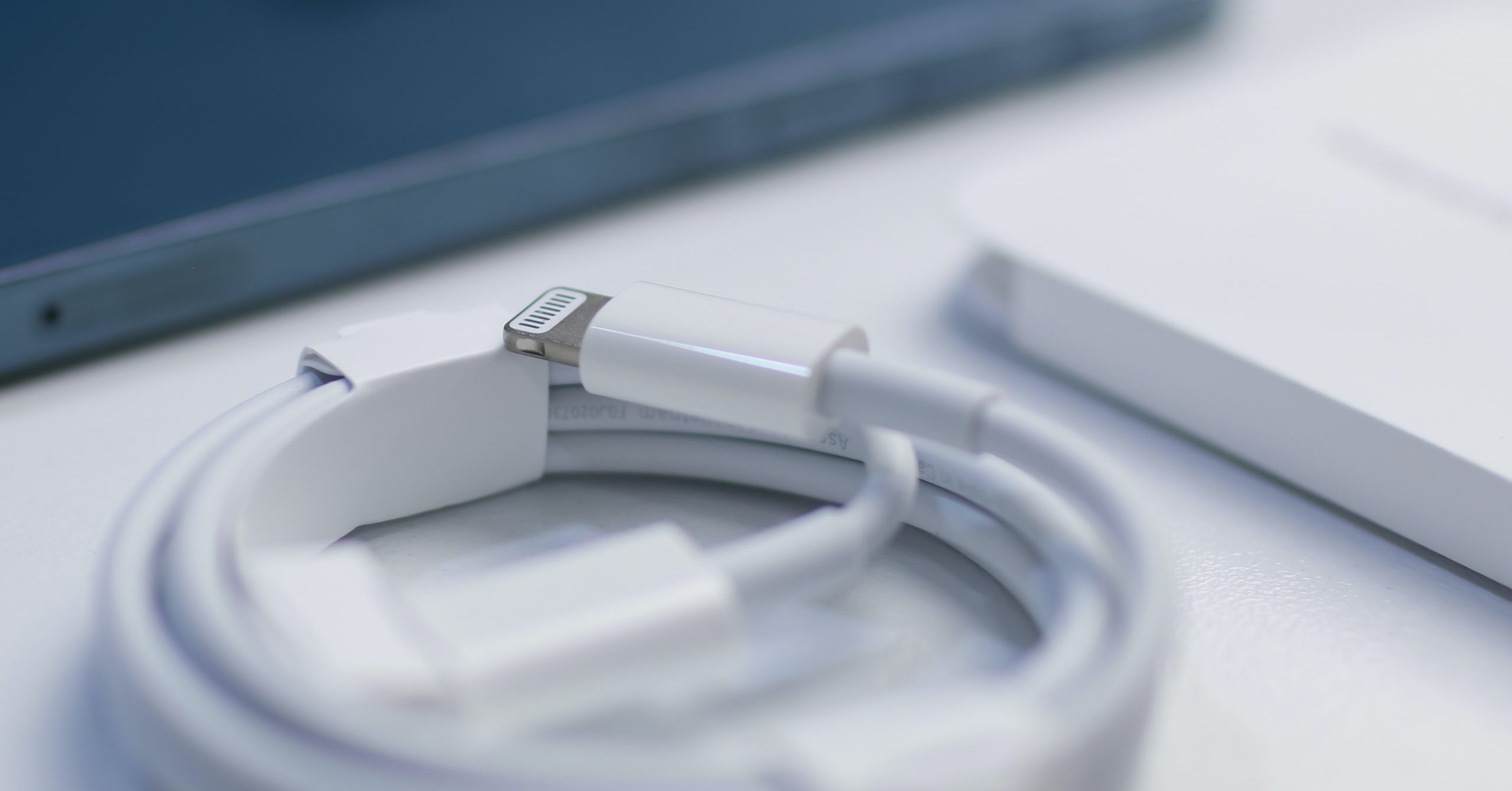By John Ahearne, Forensic Analyst When data is is needed for use as evidence, it…
The Wall Street Journal: Apple Fight Sets Off Race Among Hackers

Original article published by The Wall Street Journal.
By Robert McMillan
Companies, freelance hackers are working furiously to find a way into terrorist’s iPhone
In the days after a judge ordered Apple Inc. to help the Federal Bureau of Investigation unlock a terrorist’s iPhone, Silicon Valley giants rallied around the company. In New York, a 21-person security consultancy called Trail of Bits Inc. did something else: It tried to break into the device.
Trail of Bits is among the companies and freelance hackers who have been working furiously to find a way into the iPhone 5C used by Syed Rizwan Farook, who along with his wife killed 14 people in a Dec. 2 San Bernardino, Calif., attack.
They occupy a murky world of independent phone-hacking consultants, forensics-equipment vendors and large government contractors who specialize in the technical and often classified work that helps agencies circumvent the computer-security protections developed by companies such as Apple.
On Wednesday, Israeli newspaper Yedioth Ahronoth said Israeli forensic company Cellebrite Mobile Synchronization Ltd. was helping the FBI unlock Mr. Farook’s phone. Cellebrite, a unit of Japan’s Sun Corp., makes devices that let law enforcement extract data from mobile phones.
The disclosure came two days after U.S. District Magistrate Judge Sheri Pym suspended her order for Apple to help unlock Mr. Farook’s phone, as the Justice Department evaluated what it said was a new technique that it learned about Sunday.
On its website, Cellebrite says it can retrieve data from an iPhone running iOS 8, an older version of the operating system that doesn’t include the encryption protections of iOS 9 that have befuddled the FBI with Mr. Farook’s phone.
Cellebrite has signed at least three contracts with the FBI that describe unlocking an iPhone or iPad, according to federal procurement records. One of those contracts, for $4,500 was dated Dec. 7, five days after the San Bernardino attack.
Cellebrite and the FBI declined to comment.
The company has a manufacturing facility and research operations in Israel, where it employs hundreds. It has marketing operations in the U.S., Singapore, Germany and Brazil.
For anyone who can extract data from the phone, the payoff could include a marketing bonanza, and contracts with law-enforcement agencies. “It’s something the company would become infamous for,” said Dan Guido, chief executive of Trail of Bits, which sells software and services to help companies secure their technology products. “And that kind of marketing, you just can’t buy.”
The allure of solving a problem described by the nation’s top law-enforcement agency as unsolvable motivates Mr. Guido and others. “As any hacker would attest, when someone describes a challenge as impossible, you’re motivated to prove them wrong,” he said.
Cellebrite is a large player in the digital-forensics market, while Trail of Bits focuses on research and development. “There are probably about 100 to 150 firms who are capable of doing this,” said Alex Kreilein, managing partner and chief technology officer with SecureSet LLC, a cybersecurity firm that helps startups.
Forensics and data-recovery firms have built businesses on their ability to retrieve data that appears to be unreadable. In recent years Apple has forced them to step up their game. When it introduced iOS 8 in 2014, Apple said it would no longer have the ability to decrypt data stored on the phone. The newer iOS 9 and hardware upgrades to the iPhone itself make Apple’s devices even more secure.
Mr. Guido believes that his company could gain access to the data on Mr. Farook’s phone in one to three months.
At DriveSavers Inc., another company looking for a way into the phone, director of engineering Mike Cobb says his team, too, is approaching a solution.
Both Trail of Bits and DriveSavers describe their efforts as independent of the FBI.
They may have more time to do their research. On a Monday telephone conference call with Apple and the judge in the San Bernardino case, the Justice Department said that while it was investigating a new iPhone cracking technique, it wasn’t yet certain that this technique would work.
“There have been a lot of people who have reached out to us during this litigation with proposed alternate methods, and one by one they have failed for one reason or the other,” said Justice Department attorney Tracy Wilkinson, according to a transcript of the call.
—Orr Hirschauge and Kate O’Keeffe contributed to this article.
Read more: http://www.wsj.com/articles/apple-fight-sets-off-race-among-hackers-1458776914



